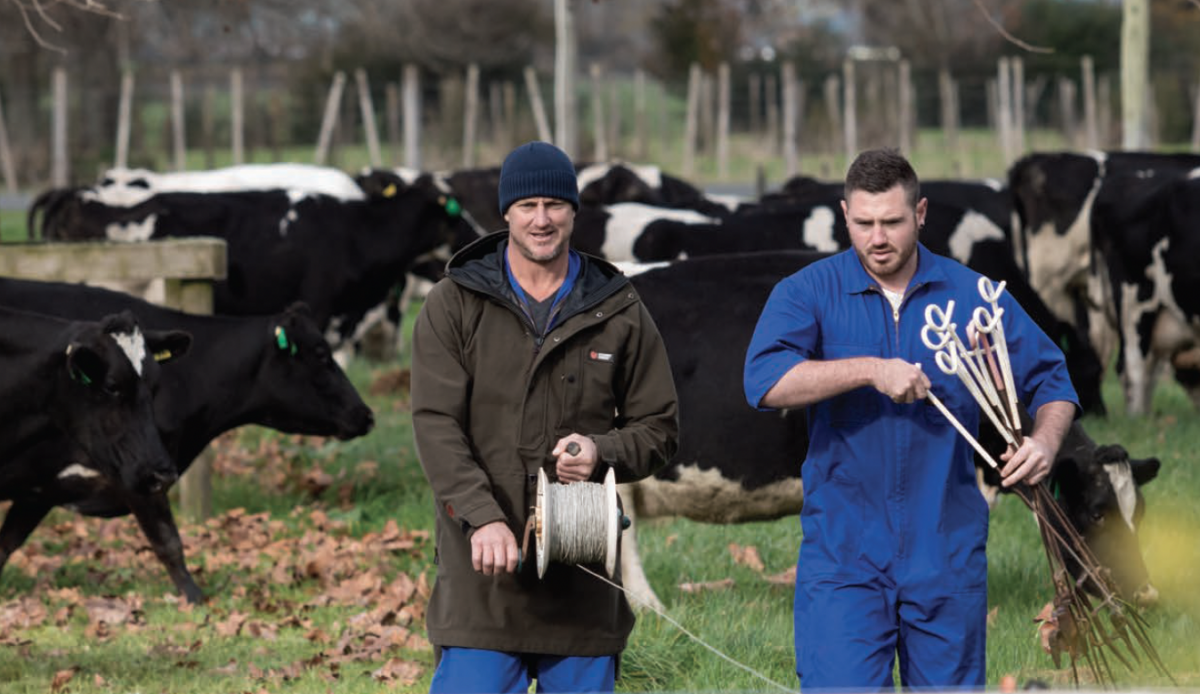Simon Upton, Parliamentary Commissioner for the Environment, gave a recent speech to a major environmental conference sponsored by the Environmental Defence Society. It was titled Environment and economics: A marriage of (in)convenience?

He posited five “inconvenient truths” that partisans on both sides of the ‘environment vs economy’ debate must address, saying: “Facing up to them involves some hard thinking about the sort of economy we want to have and the trade-offs that can’t be wished away.”
This is one of the most compelling discussions I’ve come across of the decision-making and planning challenges we as a society are grappling with today. Note especially that he starts and finishes with the ‘demand’ side of the equation — we’ll get the economy we demand as consumers, whatever its environmental cost.
I’ve abridged or excerpted enough from each of Upton’s well-developed “inconvenient truths” to give a good sense of the case he’s making.
And at the end I’ve provided a link to the full speech and strongly urge you to give it a read.
Simon says:
“Let’s start with inconvenient truth number one. We can close polluting industries, but in most cases we will simply import the goods that rely on them from other countries. It is relatively easy to suggest that we shun or close polluting industries. But the reality is that unless we are willing to put an equal focus on working out how to get consumers to stop consuming, demand for the output of those industries will continue to exist.
This will push someone somewhere to pollute in order to meet that demand. Some very
attractive, cool products rely on that pollution. Telling consumers they can’t have stuff is an
altogether more difficult conversation to have. But the fact is that without attending to the demand side, closing down polluting industries simply outsources our pollution to the world at large where standards may well be lower.
Inconvenient truth number two. Under certain conditions, we must be willing to entertain environmentally damaging activities like mining or the provision of infrastructure. The question is: how much damage? If we are not prepared to examine trade-offs critically, we will be dismissed as the dog that barks at every passing car.
My third inconvenient truth is that calling for green growth isn’t the easy economic and environmental win some people imagine. While renewable electricity is usually far more efficient and therefore less damaging than fossil fuels, some ecosystems will be damaged by renewable energy and transmission infrastructure. The green growth vision of the future will continually trade one environmental issue for the next. We can’t escape that.
The fourth inconvenient truth is that any change – even a clean green one – is costly. Green growth is pitched as a win-win all round, it is a very convenient line that people love to come up with but even when that is true economically and environmentally, there are usually losers socially. All politics is distributional and green politics more distributional than most. Talk about just transitions tends to be cheap.
We all need to accept the fact that there are fewer and fewer free lunches to be had from degrading the environment for economic gain. But paying for our lunches will be costly and we cannot assume there will be an automatic ‘just transition’. It will require a sustained investment in skills and improved productivity if people are going to be able to maintain the living standards they previously enjoyed, in part at the expense of the environment.
My fifth inconvenient truth is that degrowth won’t be an easy sell. Barring some spiritual awakening that causes us to all rally around Papatūānuku, the reality is that we are likely to continue to worship at the church of consumption for some time yet … we have to be prepared to engage in a conversation about what kind of economy we want.
We won’t mobilise change in a polarised society. If you’ve stopped listening, you are halfway down the road to the polarised society that we have in the USA today. We have to resist allowing the environment to become a lightning rod for our economic and social failures. The environment isn’t the problem. We are.
Here’s the full speech. Well worth a read.


Well said. Clear honest. The best I’ve heard in a long time. Thanks
Ever the pragmatist. Simon Upton is a good commissioner IMO. Understands the direction of travel we need to take but also very considered on how we get people along for the ride.
These 5 inconvenient truths are fantastic. So many ‘discussions’ on environmental progress begin and end with ‘we can’t continue to damage the environment’ as though that is the end of the matter. This is a discussion for grown-ups, not hysterical shouting at each other.